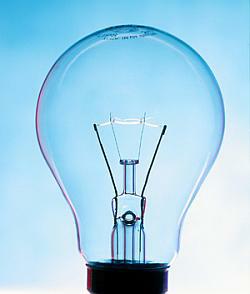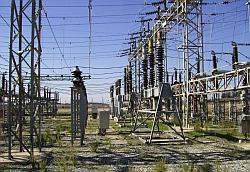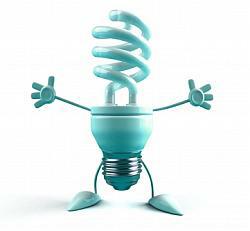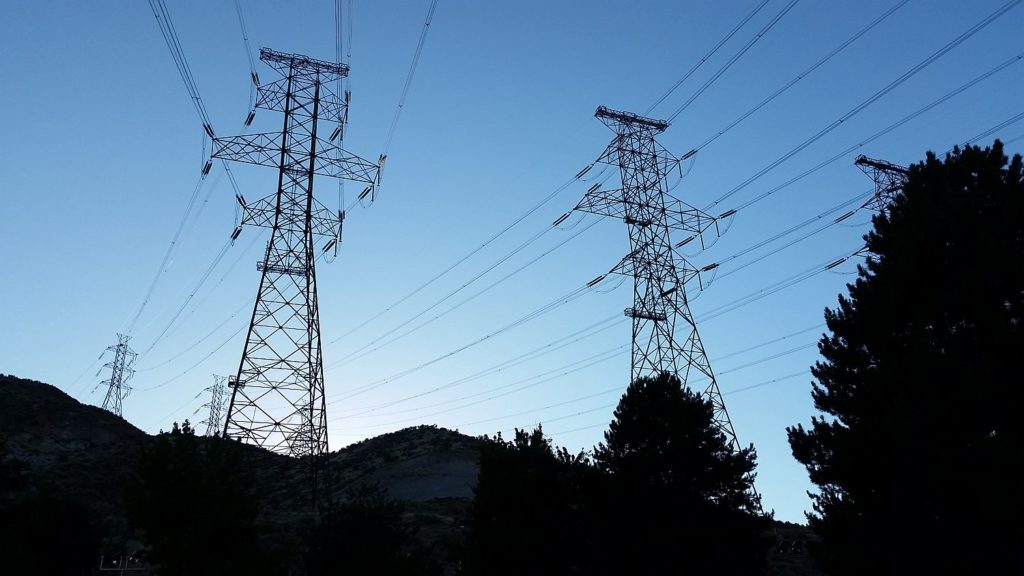Some general electrical information for you first, and that is that North Cyprus runs at 220/240v AC 50HZ 240, and wall sockets are generally of the U.K. three-pin type plug variety. However, lots of items that you will purchase in TRNC will be of the two-pin plug type, and therefore it is wise to purchase some plug adaptors which you can get in supermarkets or from any electrical retailer.

Electricity can also be a very expensive commodity! This is usually due to the fact that you have air conditioning running all summer long, and then you need heating in the short winter too. This all uses up lots of electricity and you can find that your monthly bill is far higher than you would have perhaps paid in other European countries for instance.
North Cyprus used to be very prone to long and sometimes even daily power cuts, but the situation seems to be improving. This is thanks to the huge infrastructure investment that the island has witnessed in recent years. We are also gradually changing over from the old wheel turning electric meters to nice new digital ones, but all of this infrastructure improvement work is going take some years to implement, so we have to be patient. This means that power cuts do still occur from time to time, so it is prudent to invest in some power surge protectors for your more expensive electrical goods to avoid the possibility of them frying and dying from the surges that usually accompany the beginning and end of a power cut! Some people also choose install a generator to keep electrical items running in the event of power outage.
and end of a power cut! Some people also choose install a generator to keep electrical items running in the event of power outage.
The company responsible for electric in North Cyprus is Kibtek, and they have offices in all the major towns on the island. Meter readers visit your property and take a reading, and leave the bill which you can either pay directly to the reader (get a receipt), or visit any Kibtek office.
Alternatively you can set up a direct debit or pay the bill at selected banks, so if you are not in North Cyprus then you don’t have to worry. If you pay at the office, you can also put credit on if you are not going to be around. If bills are not paid within 30 days then Kibtek are likely to cut your supply and take the fuse from your meter. Reconnection charges seem to vary depending on who you speak to, but these have officially leapt to an average of 750ytl – so be warned, make sure your bill is paid!
 Should you purchase a new-build property then you need to be aware that you may be on what is termed as a ‘builders tariff’ until you receive a permanent supply from Kibtek. This tariff carries a far higher charge per unit.
Should you purchase a new-build property then you need to be aware that you may be on what is termed as a ‘builders tariff’ until you receive a permanent supply from Kibtek. This tariff carries a far higher charge per unit.
Pricing has also received a lot of criticism in 2008, although this was arguably due to the increase in oil prices worldwide. They have come down slightly, but it remains to be seen whether it will be a permanent move. Home owners can however do their bit to keep costs down, by fitting long life bulbs, finding gravitational alternatives for water supply rather than electrical pumps and not leaving lights on unnecessarily for example.



